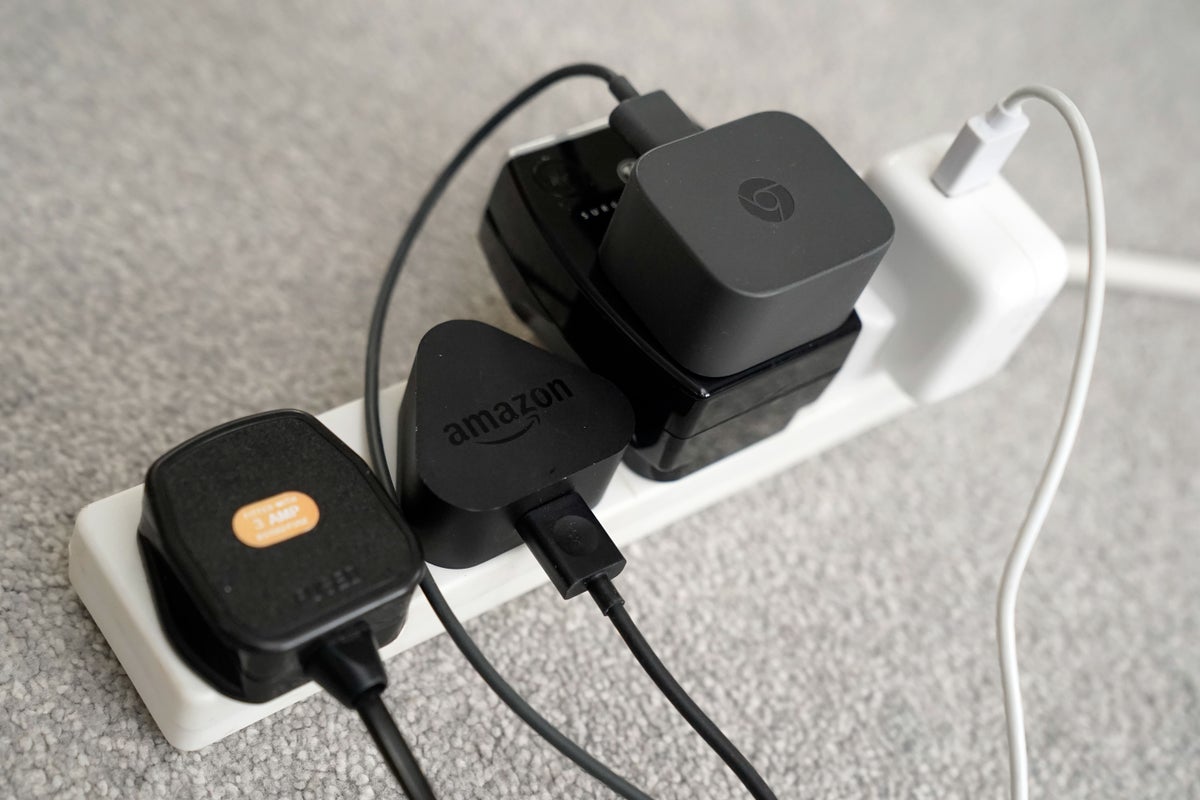
Support truly
independent journalism
Homeowners are being urged by an electrical safety charity to have their property inspected as soon as possible if it is affected by lightning.
The Met Office has warned that some areas could see as much as a month’s rainfall in a few hours on Thursday.
Richard Harvey, an electrical installation engineer at Electrical Safety First, said: “Besides risking an immediate fire caused from the huge amounts of energy and heat a lightning bolt can produce, the unseen damage to your electrical wiring, plug sockets, connected equipment and your plugged-in gadgets can be extensive.”
The charity warned people could end up at risk from damaged insulation and potentially exposed live wires.
It's not uncommon for homes to need a complete re-wire after these incidents, which can cost thousands— Richard Harvey, Electrical Safety First
Much of the damage may not be obvious, so the charity is urging those who may end up being affected by lightning strikes to ensure their wiring is inspected and tested.
Mr Harvey continued: “Heating systems can be badly damaged and plug sockets burnt out.
“Phones, tablets, televisions and wifi routers that are plugged in at the time can all be damaged beyond repair. It’s not uncommon for homes to need a complete re-wire after these incidents, which can cost thousands.
“Some of the most extensive damage won’t be obvious at first and your electrical wiring could be severely damaged. If this goes unremedied, it could pose a longer term risk to the safety of your property which is why you should contact a registered electrician as soon as possible to get it inspected and tested.”
Figures supplied to the charity, by Admiral Home Insurance, reveal the typical cost of a claim relating to lightning strikes last year was about £7,000 but in some cases, substantial damage to homes has resulted in claims upwards of £100,000.
Claims can peak during summer storms.
David Fowkes, head of household underwriting at Admiral, said “We’ve seen how a direct lightning strike can cause substantial damage to the entire home, affecting a building’s structure and the contents of the home, including electrical items and personal belongings. It’s not uncommon to see considerable loss of electrical items due to the power surge.”
Electrical Safety First added that in some cases, energy from lightning bolts can be dispersed to surrounding homes, causing smaller electricity surges that may not be obvious to the resident at the time.
It suggested that people who suspect their home may have been affected by an indirect lightning strike should also consider an electrical installation inspection.
Mr Harvey added: “Yellowing plastic and overheating on your plug sockets or a prominent fishy smell are all signs of possible burning and damage.”
The charity has a find-an-electrician tool on its website, where people can search for a local tradesman who is registered with a competent person scheme to undertake electrical safety reports in homes.







